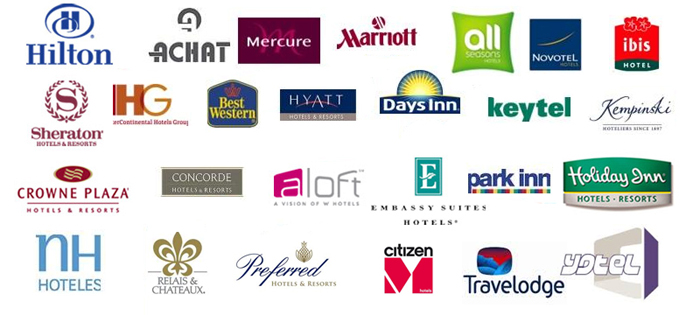I do and I don't.
I think the University of Phoenix is one step above a scam, its courses are overpriced (I'm assuming here that they're roughly equivalent to accredited college courses available at your local comm-tech, and not 'courses' of questionable value), its accreditation certainly didn't come from the same regional accreditation agency that accredited Harvard and MIT, and I automatically question the value of any product that is far and away too reliant on aggressive sales and marketing done the way the University of Phoenix does it. (Like many sellers of big-ticket items which some might wonder if they're worth what you're being asked to spend; if they get your e-mail address, plan on some daily spam in your inbox; if they get your phone number, plan on getting repeated calls until you scream at them to not call you again, or -- more likely -- block them...)

On the other hand, I think even reputable, accredited, conventional colleges and universities have for the last 50 or so years become such a money racket that, if the Mob isn't mixed up in it, it's only because they missed what could have been the biggest opportunity for themselves since Prohibition and the illegallization of drugs. Higher education is something people have to have, and conventional, accredited colleges and universities abuse the privilege. Tuition is high (there's no way you're going to convince me that it bears any relation to the institution's actual costs, and that there isn't a lot of waste built in), the fees never end, the price of the textbooks is exorbitant - and this was all true when I was in college thirty years ago.
Now it's much worse, and the prevailing student debt burden is now a national scandal. Why shouldn't it be? The institutions know you have to have higher education, so they can name their price, have you fill out a financial aid form, clean out your pockets, clean out your parents' bank accounts, pocket the proceeds from a second mortgage on Mom and Dad's house, load you down with more student debt than would pay for a new home of your own regardless of your eventual income after you graduate - and bill the government for the rest. I wish I could rent hotel rooms to people at such prices and on such terms.
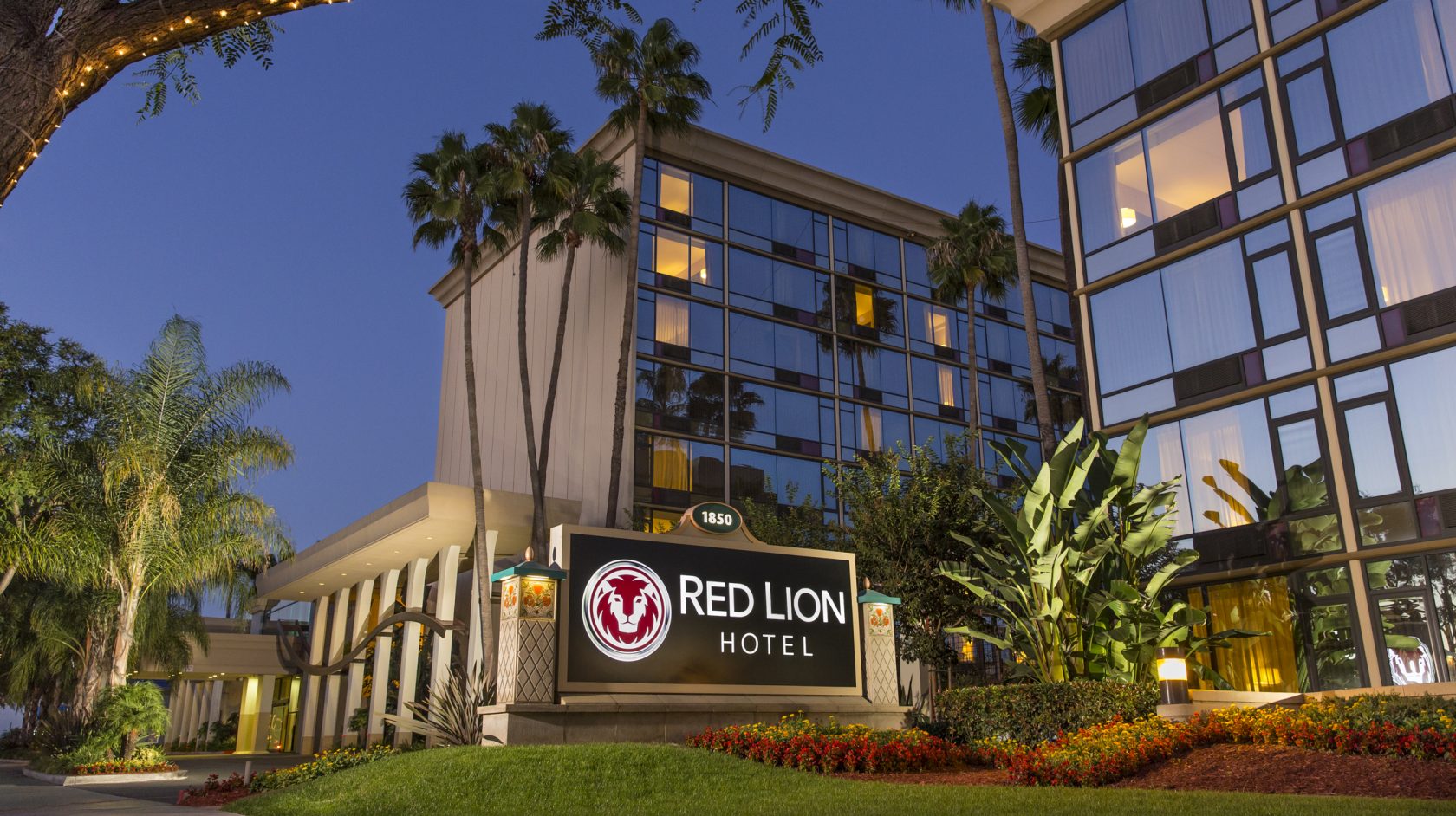
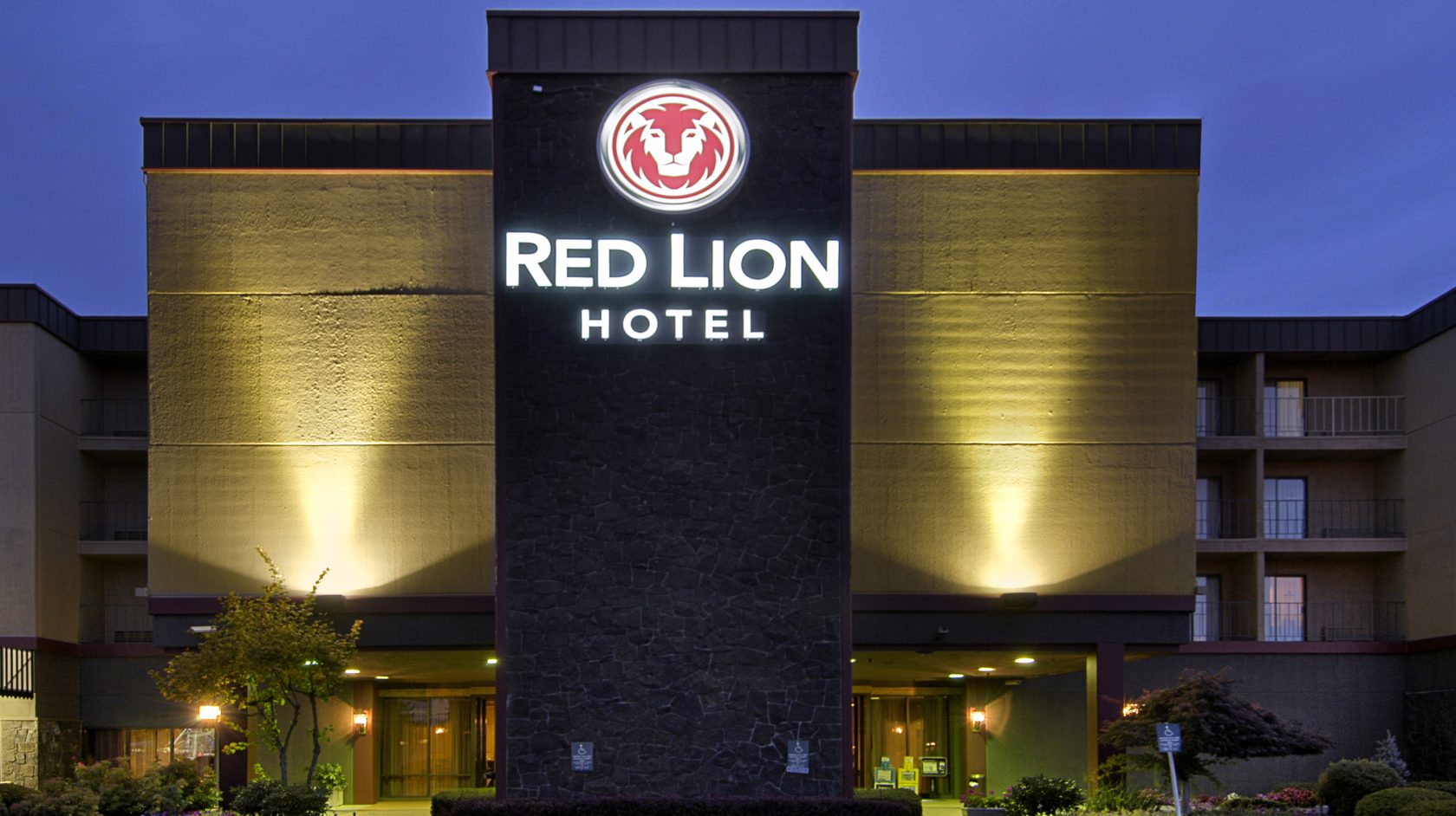



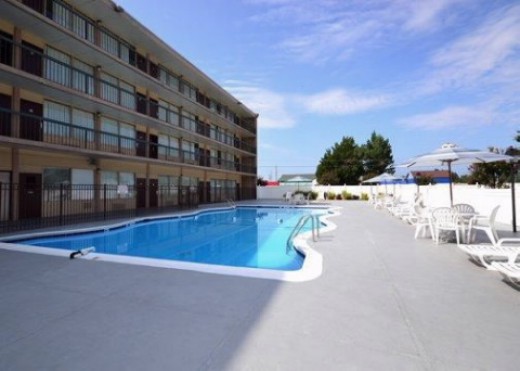
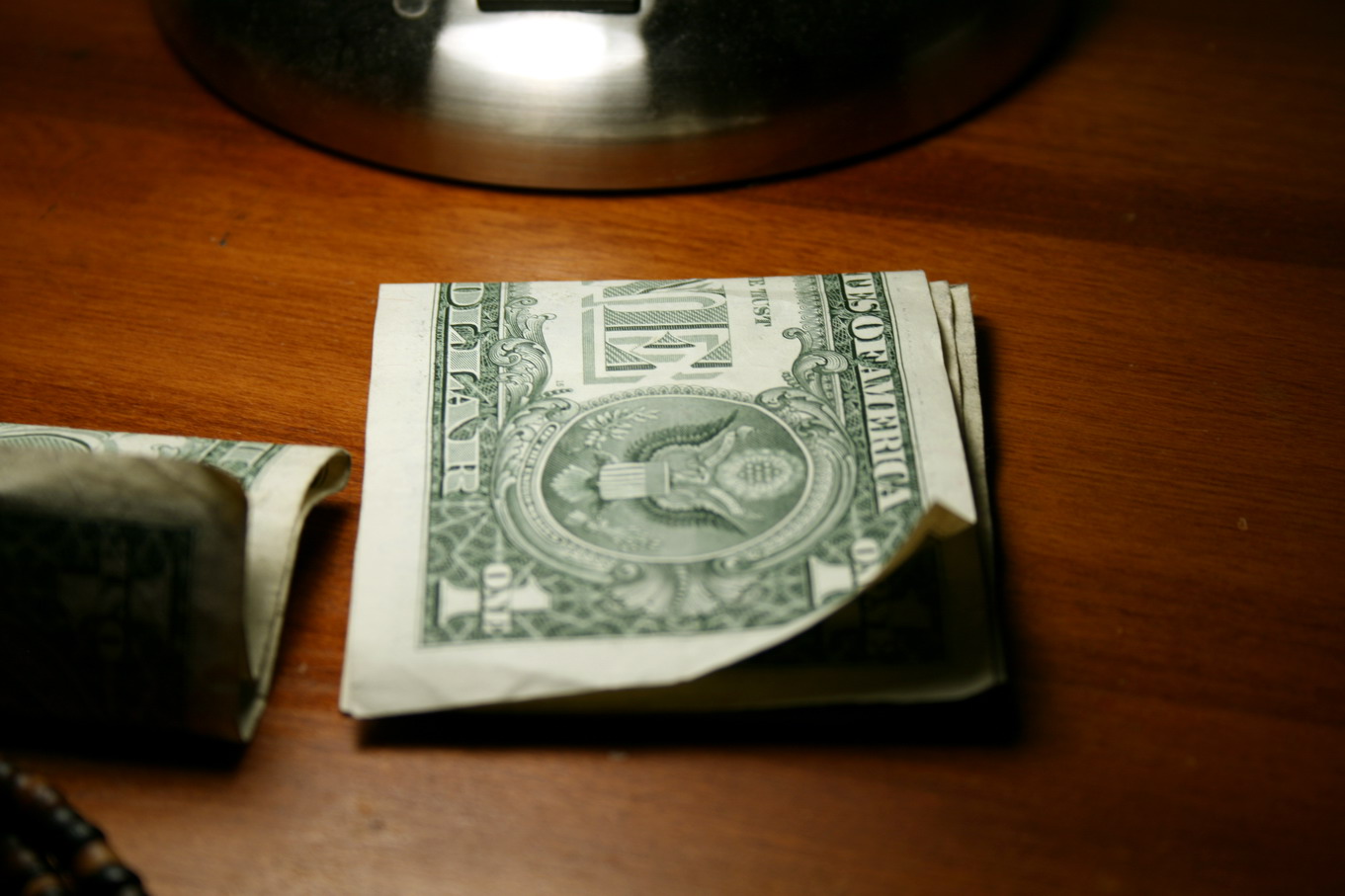


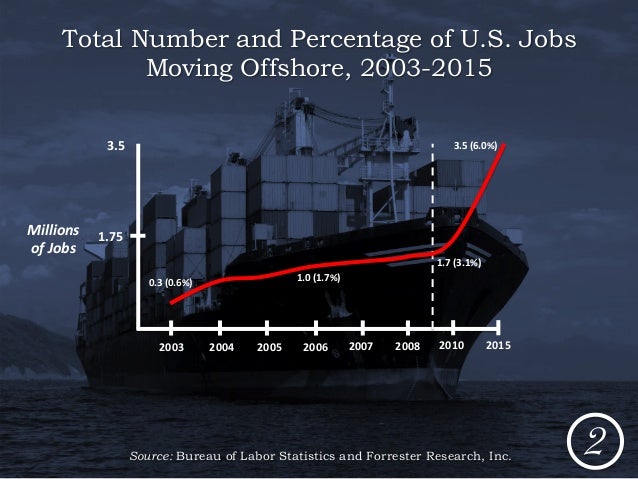









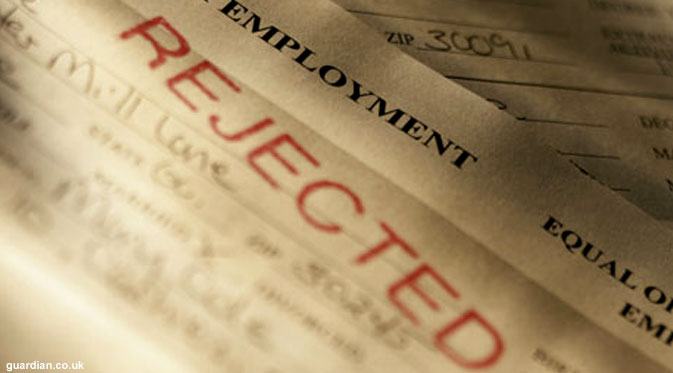





.jpg)
